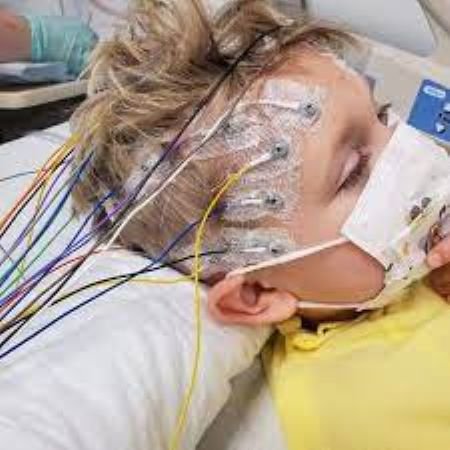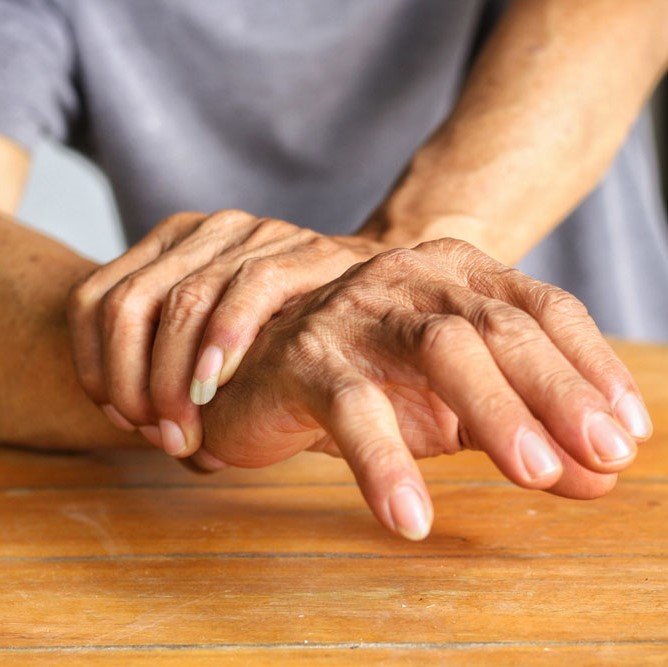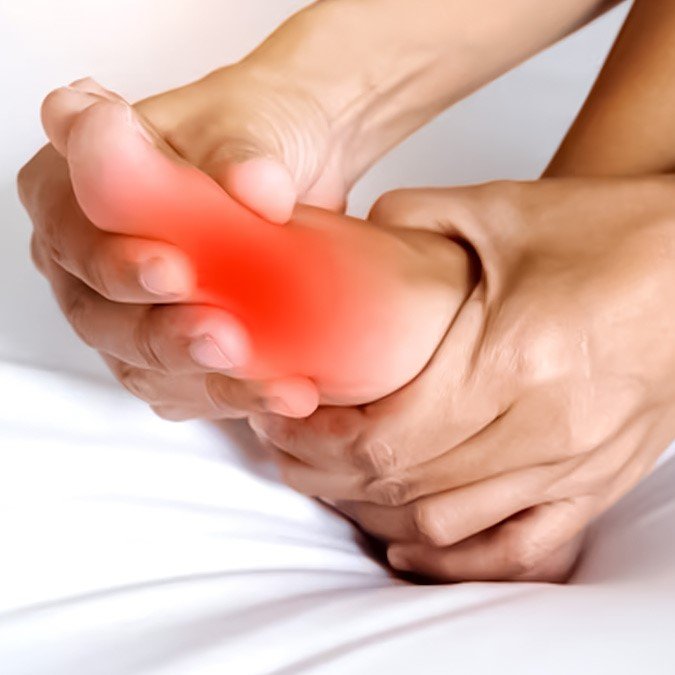Paralysis

Paralysis is a medical condition characterized by the loss of muscle function in part of the body. This loss can be partial or complete, affecting one or both sides of the body and resulting from damage to the nervous system, particularly the spinal cord or brain. Causes of paralysis include stroke, spinal cord injury, multiple sclerosis, and other neurological disorders. Symptoms often include numbness, muscle weakness, and an inability to move the affected area. Treatment varies based on the cause and severity but may include physical therapy, medication, and surgery.Paralysis can manifest in various forms, such as quadriplegia, where all four limbs and the torso are affected, or paraplegia, impacting only the lower half of the body. Hemiplegia involves one side of the body, commonly resulting from a stroke. The impact of paralysis extends beyond physical immobility, often leading to secondary complications like pressure sores, infections, and emotional challenges. Rehabilitation focuses on improving quality of life through adaptive techniques and technologies, empowering individuals to regain independence and adapt to their new circumstances. Advances in medical research continue to explore potential treatments and breakthroughs.









